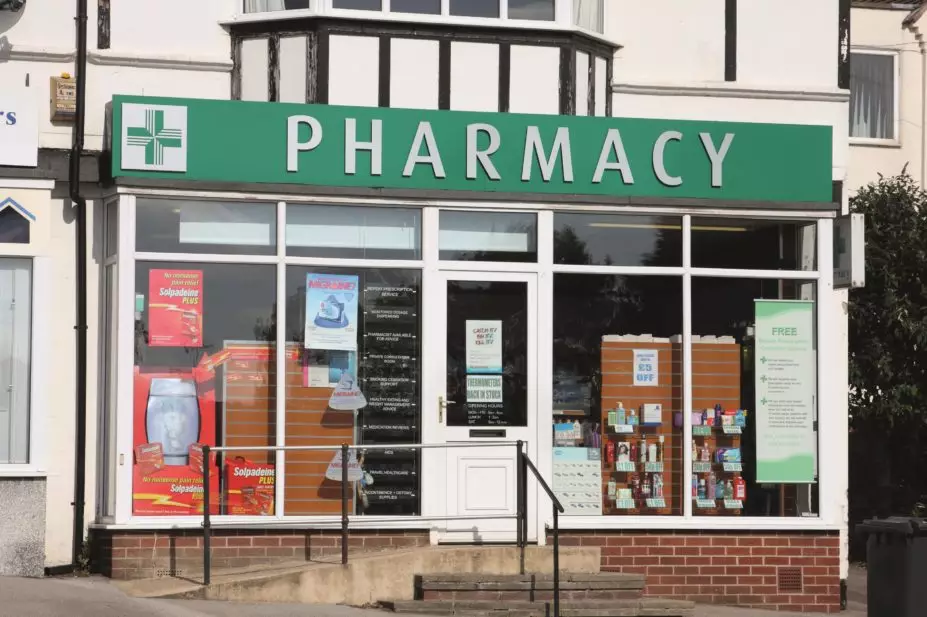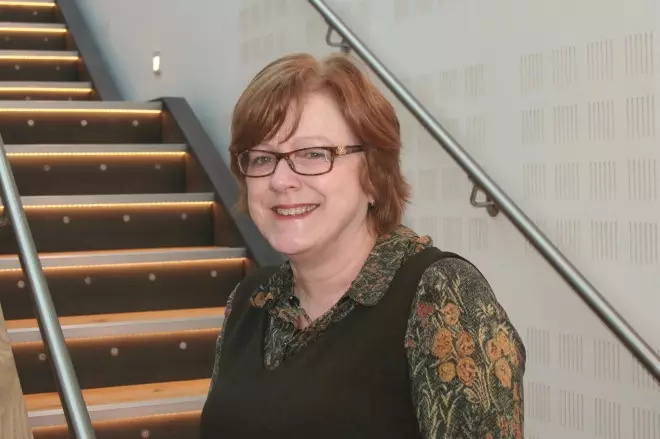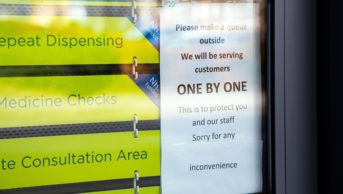
Mark Richardson / Alamy Stock Photo
The Royal Pharmaceutical Society (RPS) says it “cannot support” the proposed 6% cut to community pharmacy funding because of the lack of evidence justifying why the efficiencies are needed.
In its submission to the consultation on the government’s proposals, the professional leadership body for pharmacists says that it is “gravely concerned” that the absence of an impact assessment could mean that the cuts will not deliver the desired efficiency savings and could instead be “harmful” to patients.
“There is no clarity as to whether there will be further cuts to the global sum in future years,” says the RPS, “or if there will be any fundamental changes to the contract itself, which could destabilise the sector and lead to uncertainty and a lack of investment for the future.”
Responding to predictions that 3,000 pharmacies in England could close as a result of the cuts, the RPS recommends an “immediate change to the control of entry regulations to encourage mergers of pharmacies and prevent new pharmacy premises from opening unless a local Pharmaceutical Needs Assessment (PNA) has identified a further need”.

Source: MAG / The Pharmaceutical Journal
Sandra Gidley, chair of the RPS English Pharmacy Board, says the best outcome for community pharmacy now would be for the government to pause the negotiations
Sandra Gidley, chair of the RPS English Pharmacy Board, told The Pharmaceutical Journal that the best outcome for community pharmacy now would be for the government to pause the negotiations. “A win would be for the government to say, ‘OK, we take your concerns, we want to get this right. Let’s have a proper discussion with all the pharmacy bodies to work out what we want, what’s possible and the size of the [community pharmacy] network needed to achieve that’,” she says.
Gidley explains that the RPS is keen that supply and clinical services, such as managing long-term conditions, are adequately funded. She says that this would “reassure” community pharmacists that the government does see them as “highly valued members of the primary healthcare team”.
She says the RPS has concerns about the pressure on a smaller pharmacy network and whether it would be able to deliver the clinical services that the government want. “There would need to be a mechanism by which mergers could happen without pharmacies being concerned that an opponent would just open up another pharmacy,” she adds.
In its response, submitted on 12 February 2016 to the Department of Health, the RPS outlines how the “unique” skills of pharmacists should be utilised to establish “new ways of delivering high quality pharmaceutical care” within the multidisciplinary team. These include providing “intensive support” for the elderly and those with long-term conditions, being the first contact for urgent care and providing better access to effective treatments across a variety of care settings.
“The best contribution that pharmacists can make to NHS efficiencies is their role in medicines optimisation and prevention of ill health,” it says.
Gidley said the short timescale given to put together the RPS’s response was “very frustrating” but that it was able to use its reply to the 2014 NHS England’s ‘Call to action’ for community pharmacy consultation as the basis to its response.
The consultation on the government’s proposals for community pharmacy is set to run until 24 March 2016.


